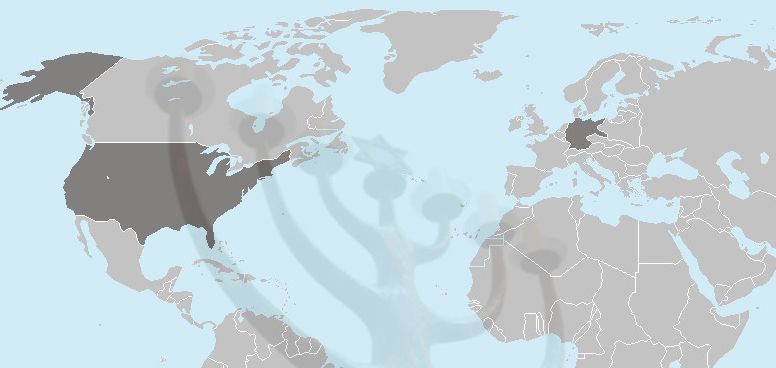TIJS co-sponsors workshop presenting new database of refugee rabbis

We are pleased to announce the publication of the online Digital Humanities Database, "German Refugee Rabbis in the United States, 1933-1990” (http://mira.geschichte.lmu.de/ /). It was a research cooperation between Dr. Cornelia Wilhelm of the Department of Jewish History and Culture, the Center for Digital Humanities at Ludwig-Maximilians-Universität München and the Skirball Department of Hebrew and Judaic Studies at NYU and was funded by Deutsche Forschungsgemeinschaft (DFG).
The innovative online research tool illuminates and traces the transnational biographies, migration paths and careers of over 230 German refugee rabbis, who fled Nazi Germany after 1933. They were able to continue their careers in the United States thanks to a joint emergency rescue, organized by their American colleagues at Hebrew Union College-JIR, the Jewish Theological Seminary, Yeshiva University and Ner Israel Rabbinical College in Baltimore. It also documents library and archival materials related to the transnational biographies of the refugees with digitized sources, such as the archival materials of the LBI. While the refugee rabbis seriously impacted American Jewish History with their background and experiences, and intensely spoke up for civil rights, interfaith dialogue and a discourse on human relations, a number of them returned to the country of their birth after 1945. Their returns opened up a unique discourse and reflections on a shared past, history and memory, which has allowed the establishment of a Jewish School of Theology at a German University.
At the proposed workshop Dr. Cornelia Wilhelm and Dr. Christian Riepl will provide a sketch of the research project and will demonstrate the new research tool for research in the field.
Wednesday, April 10, at 10 a.m. to 12 noon at the
Leo Baeck Institute in the Center for Jewish History, Kovno Room
15 West 16th Street, New York, NY 10011
RSVP to fmecklenburg@lbi.cjh.org by April 3, 2019
The event is co-sponsored by the Skirball Department for Hebrew and Judaic
Studies at NYU and by the Tam Institute for Jewish Studies at Emory University